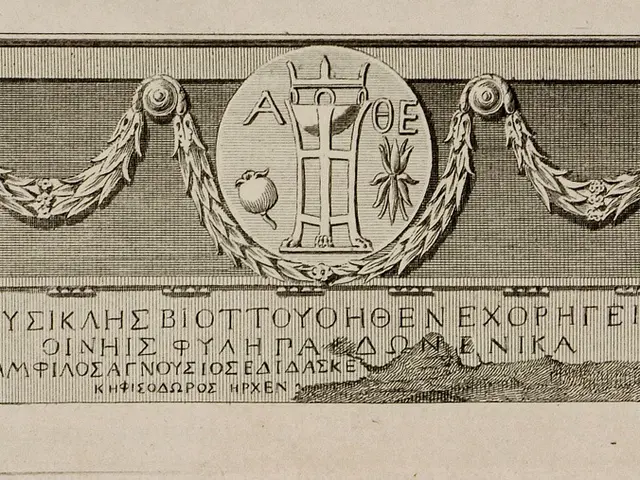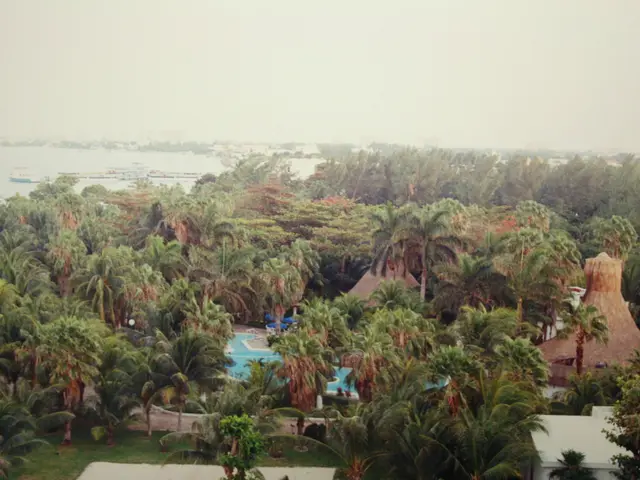Authorities in Georgia have called upon leaders of various Non-Governmental Organizations (NGOs) due to accusations of involvement in a sabotage incident.
The Caucasus region is currently experiencing a significant shift, with tensions running high in Georgia following a series of events that have raised concerns within the country's civil society and its traditional allies in the West.
Recently, several Non-Governmental Organisations (NGOs) in Georgia have had their bank accounts frozen, a move that has been widely criticised by local civil society and international observers. The Prosecutor General's Office of Georgia has summoned the heads of several NGOs in connection with an alleged 'sabotage' case.
The investigation, which was initiated in February following a request from a pro-government group, is being pursued on charges of 'sabotage, attempted sabotage under aggravating circumstances, assistance in hostile activities to foreign organisations and organisations under foreign control, and mobilisation of funds for activities directed against the constitutional structure of Georgia and the foundations of national security'.
Seven organisations, including the International Society of Fair Elections and Democracy (ISFED), Institute for Development of Freedom of Information, Georgian Democracy Initiative, Union Sapari, Social Justice Center, Civil Society Foundation, and Democracy Defenders, have been targeted in this crackdown.
The alleged 'sabotage' case involves accusations that these organisations facilitated violence against the police during anti-government protests in 2024. However, the Prosecutor General's Office has not specified which NGOs it was referring to in its statement.
Pro-government media outlet TV Imedi has published a list of protective equipment purchased by some of the NGOs, claiming that this equipment is evidence used to freeze their accounts. The protective gear, which includes masks, respirators, protective goggles, and materials used during protests, has been presented as proof of wrongdoing.
The wider 'sabotage' case has affected a variety of government critics, with Nino Dolidze, a former head of the International Society for Fair Elections and Democracy (ISFED), being summoned by the Prosecutor General's Office.
These developments have sparked a wave of concern, with many fearing for the future of independent journalism in the region. In response, a newsroom is being built, powered by readers, as a means to counteract this threat and ensure the continuation of fair and unbiased reporting.
As the situation unfolds, it is crucial to uphold the principles of transparency, accountability, and the rule of law to ensure a peaceful resolution and the preservation of democratic values in Georgia.
Read also:
- ICE directed to enhance detention conditions following NYC immigrants' allegations of maltreatment
- Israeli finance minister issues warnings about potential annexation of West Bank territories
- United States faces rebuttal from South Africa over allegedly deceitful human rights report and assertions of land expropriation
- Accident at Rodalben Results in Injuries; Geoskop Area near Kusel Affected After Stormy Weather








